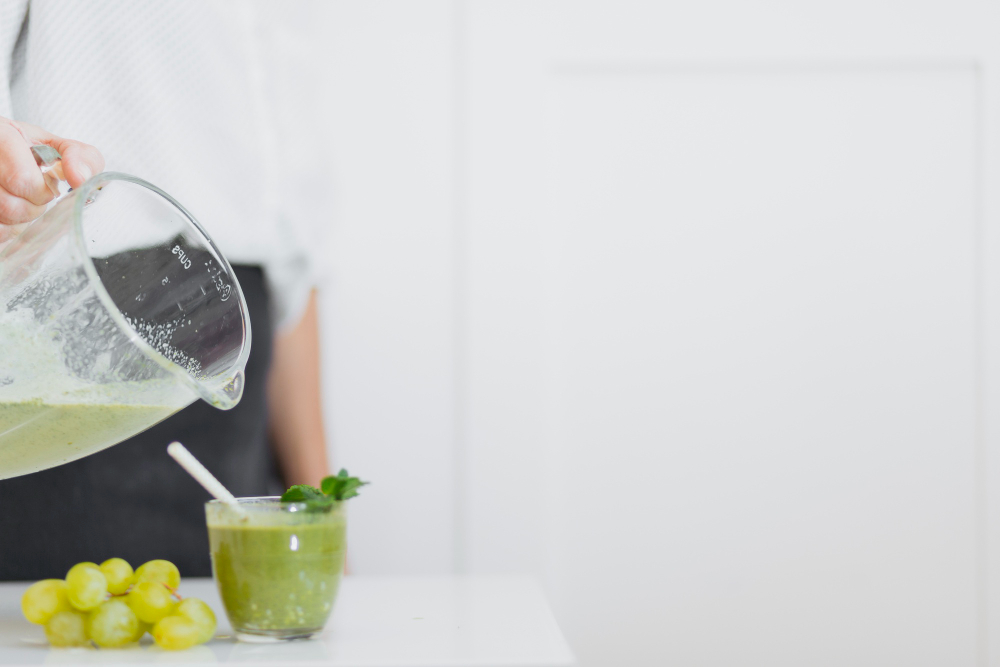
How to Detox From Mold
Gail J. Gillmore
- 0
- 540
Detoxifying from mold exposure is a critical process for those who have encountered mold in their living or working environments. Mold exposure can lead to a variety of health issues, ranging from allergic reactions and respiratory problems to more severe conditions like mycotoxicosis, depending on the type of mold and the duration of exposure. Detoxing from mold involves a comprehensive approach that includes removing the source of mold exposure, purifying the body from toxins, and supporting overall health and recovery. This article outlines effective strategies for detoxing from mold, emphasizing the importance of a holistic approach to restore health and wellbeing.
Identifying and Eliminating Mold Sources
The first and most crucial step in detoxing from mold is to identify and eliminate the source of mold exposure. This may require a thorough inspection of your home, office, or any other environments you frequent. Common sources of indoor mold include damp areas, such as bathrooms, kitchens, basements, and areas with poor ventilation. It may be necessary to hire a professional mold remediation service to ensure that the mold is completely removed and to prevent its recurrence. Addressing any water leaks, improving ventilation, and maintaining low humidity levels are key measures to prevent mold growth.
Supporting the Body’s Natural Detoxification Processes
Once the source of mold exposure has been addressed, the next step is to support the body’s natural detoxification processes. This includes promoting liver and kidney function, as these organs play a vital role in filtering toxins from the body. Consuming a diet rich in antioxidants, vitamins, and minerals can support these organs. Foods known for their detoxifying properties include leafy greens, berries, garlic, turmeric, and green tea. Additionally, staying well-hydrated by drinking plenty of water facilitates the elimination of toxins through urine and sweat.
Nutritional Supplements and Herbal Remedies
Certain nutritional supplements and herbal remedies can aid in the detox process from mold exposure. Supplements such as activated charcoal, glutathione, and milk thistle have been suggested to help bind and eliminate toxins from the body. Similarly, herbs like oregano, clove, and echinacea possess antimicrobial properties that may support the immune system in combating mold-related health issues. However, it’s essential to consult with a healthcare professional before starting any new supplement regimen, especially for individuals with existing health conditions or those taking medication.
Improving Indoor Air Quality
Improving indoor air quality is crucial in the detox process from mold and in preventing future exposure. Air purifiers equipped with HEPA filters can remove mold spores and other allergens from the air, reducing the risk of respiratory issues. Regularly cleaning and vacuuming your living space, using dehumidifiers in damp areas, and ensuring adequate ventilation can also help maintain a mold-free environment. Consider using natural cleaning products to avoid introducing additional toxins into your home.
Rest and Recovery
Recovering from mold exposure requires giving the body time to heal. This includes ensuring adequate rest, managing stress, and engaging in gentle physical activity as tolerated. Stress management techniques such as meditation, yoga, and deep breathing exercises can support the body’s recovery process by reducing the physiological effects of stress, which can compromise the immune system. Listening to your body and allowing yourself time to rest and recover is vital during the detoxification process.
A Multifaceted Approach to Mold Detoxification
Detoxing from mold exposure involves a multifaceted approach that addresses the source of exposure, supports the body’s natural detoxification pathways, and promotes a healthy living environment. By combining environmental modifications, dietary changes, supplementation, and lifestyle adjustments, individuals can effectively detox from mold and support their overall health and wellbeing. Consulting with healthcare professionals who are experienced in dealing with mold exposure and its health impacts can provide personalized guidance and support throughout the detox process.


